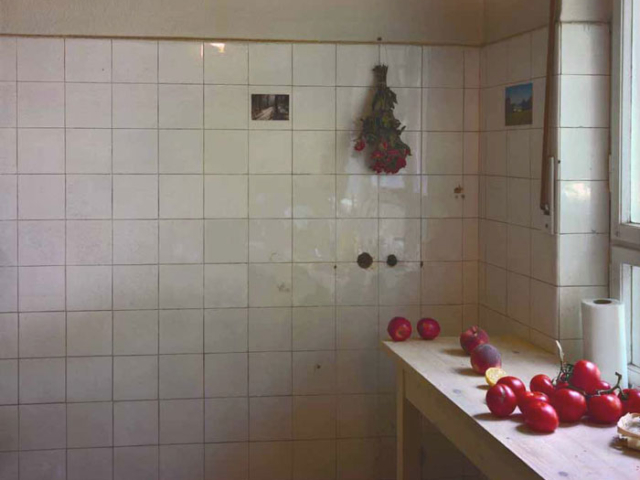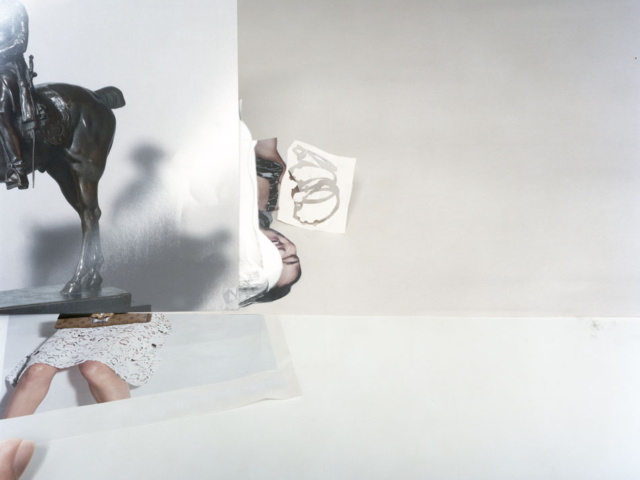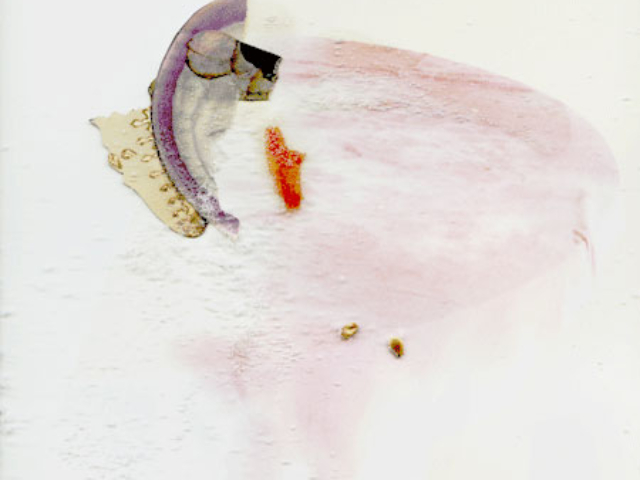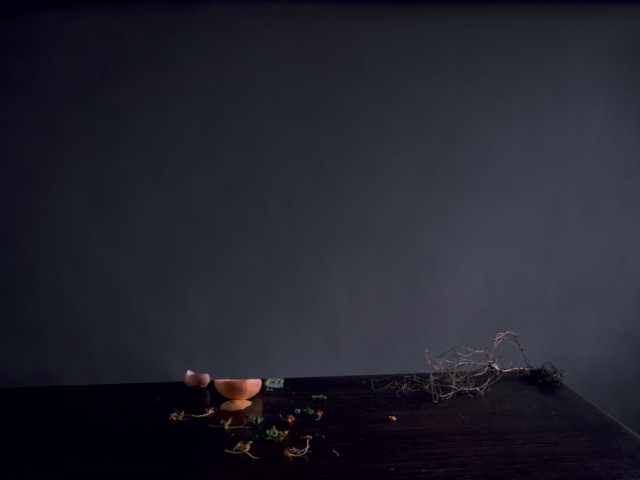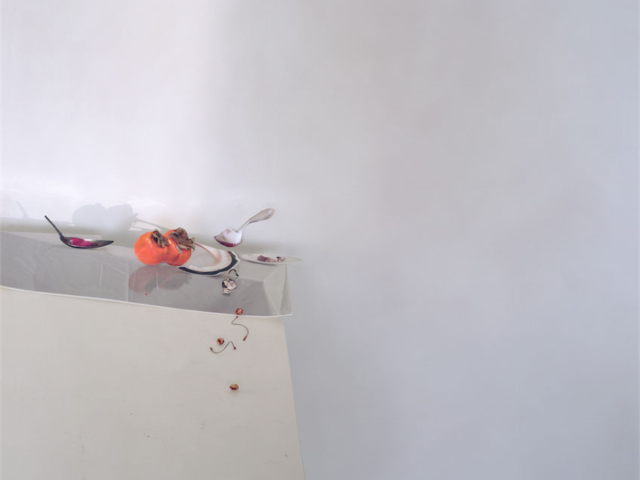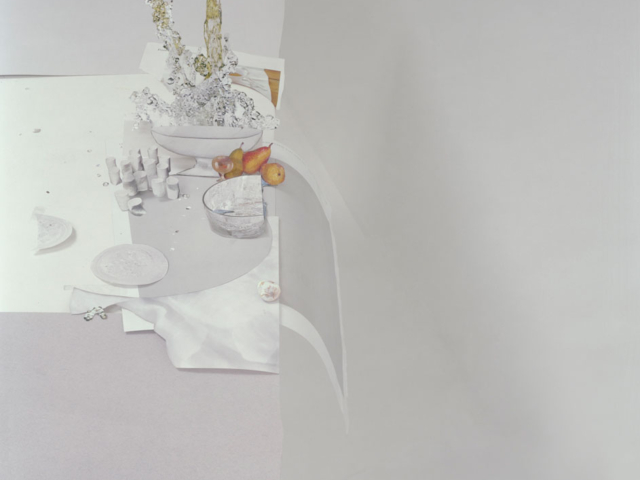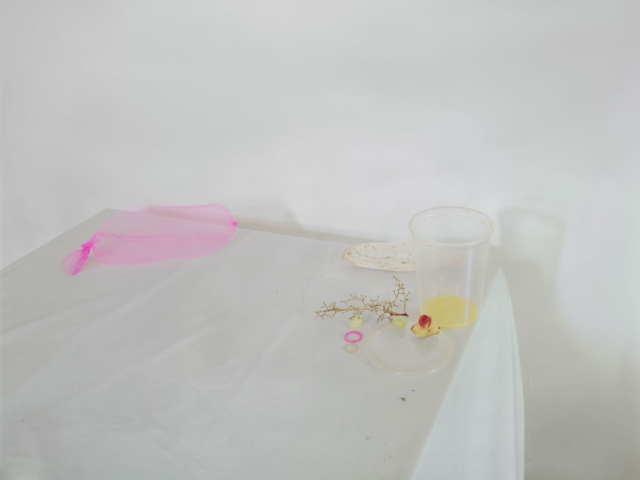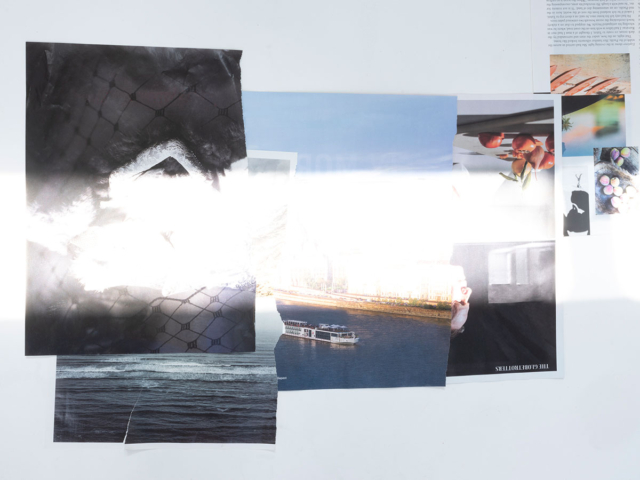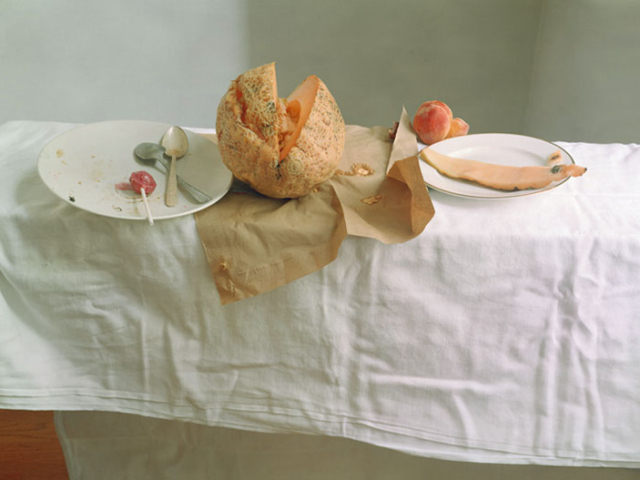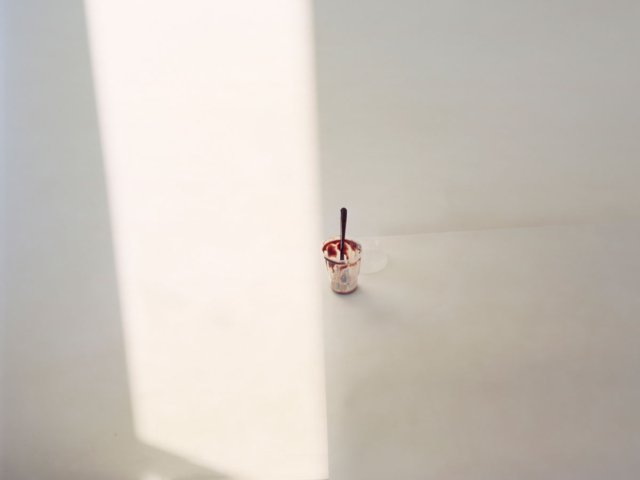Laura L. Letinsky
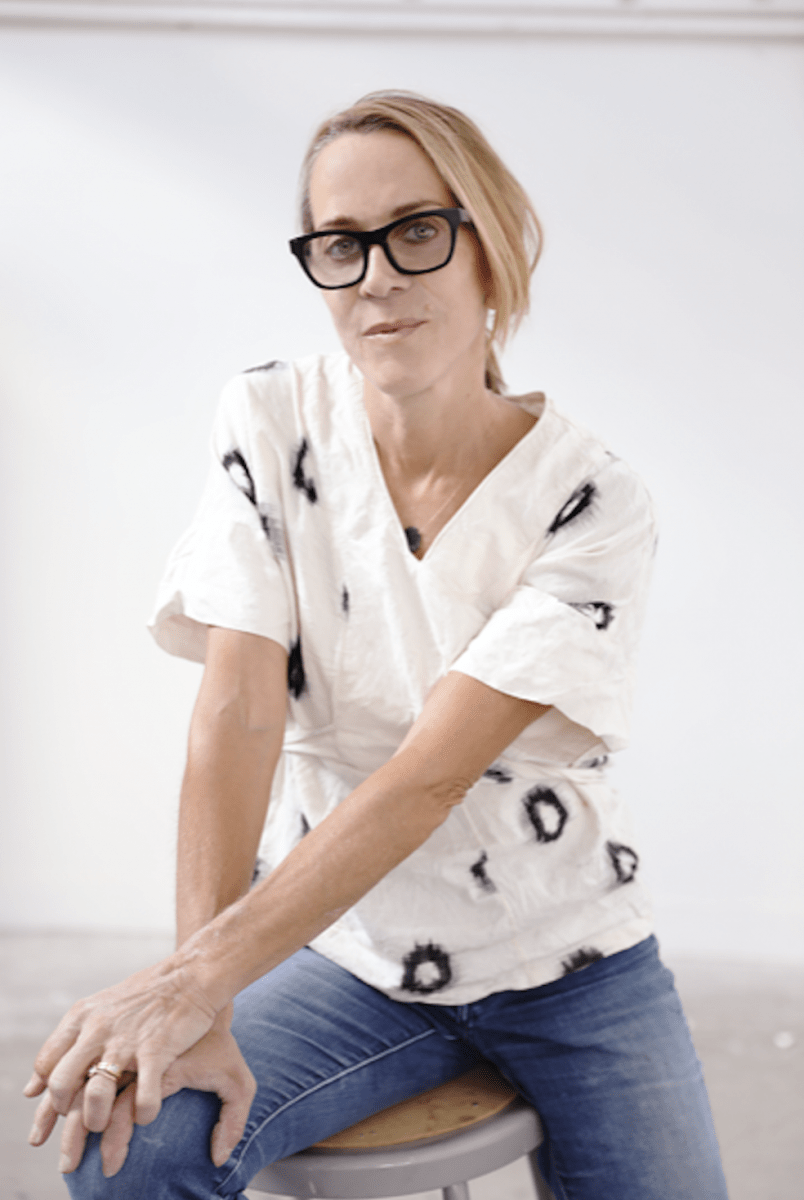
About
Laura L. Letinsky (https://www.lauraletinsky.com/) A BFA from the University of Manitoba, Winnipeg, Canada, and her MFA in Photography from Yale University’s School of Art, Letinsky has been a Professor at the University of Chicago since 1994. She shows with Yancey Richardson Gallery, NYC, and Document, Chicago, and exhibits internationally including PhotoEspana, Madrid, the Israeli International Photography Festival, Mumbai Photography Festival, Mumbai, India, MIT, Cambridge, MA,Basel Design, The Photographers Gallery, London, and , Denver Art Museum, CO. Awards include the Canada Council International Residency, Kunstlerhaus Bethanien, Berlin, The Canada Council Project Grants, The Anonymous Was a Woman Award, and the John Simon Guggenheim Fellowship, and her work is published in monographs and catalogues such as To Want For Nothing, Roman Nvmerals, 2019, Time’s Assignation, Radius Books, 2017, Ill Form and Void Full, Radius Books, 2014, Feast, Smart Museum of Art, UC Press, 2013, After All, Damiani, 2010, Hardly More Than Ever, Renaissance Society, 2004, Blink, Phaidon Press, 2002, and Venus Inferred, University of Chicago Press, 2000.
Gallery
LACP Interviews Laura L. Letinsky
LACP asks Laura L. Letinsky ten questions about their background, career in and beliefs about photography.
Los Angeles Center of Photography: What kind of photographer are you?
Laura L. Letinsky: Having gone through a BFA and then and MFA program, I consider myself an artist first, whose use of photography is a means to think about seeing in relation to other senses and kinds of knowledge. With the advent of the smart phone, photography’s prominence as a means of communication has become tantamount to language, a tool of and for communication. In my work, I consider, and try to trouble suppositions about what the photograph shows, and what it means, which is not always the same.
LACP: How long have you been shooting?
LL: I began art school wanting to paint but was put into a photography class while I fulfilled my prerequisites. Through this process I found that photography availed a means of communicating that for me, was exhilarating and liberating. That was over four decades ago..
LACP: Where did you get your training?
LL: I did my BFA at the University of Manitoba, and my MFA at the Yale School of Art, Photography Department. While this constitutes my formal training, I could argue that the years in between and subsequent were as vital to my training as those years in school. Becoming a teacher, now at the University of Chicago for over 27 years, I consider this my most profound (and humbling) training.
LACP: When did you know you wanted to devote your life to photography?
LL: This is a peculiar question as I think we all now use photography in much the same way we use language. We are all “devoted” to photography.” I became enamored of the medium while an undergraduate, realizing that the medium gave me permission to look. To see, and to show felt a great power. As photography has become more commonplace, my relation to it has changed and yet I’m still beguiled with the medium.
LACP: Did you ever come close to giving up?
LL: I fuel my art practice in a few different ways, photography, always, but also, ceramics, also an indexical medium, as well as textiles. These media, at least in the way I utilize them, related to my concern/fascination with life.
LACP: Have you sacrificed anything by being a photographer?
LL: If anything, it’s being too deep within the medium to believe the hype. That is, I understand how images are made and how they function within society. With ignorance is bliss; with knowledge….?
LACP: What have you gained by being a photographer?
LL: A way of understanding the world, the senses, their limitations and possibilities.
LACP: What do you love most about teaching?
LL: There’s an alchemy in showing students how to make meaning through images that is akin to learning a language. To see anew, to see sideways, to see as you smell (that is, how you smell the world vs. how you emit odor :-)), these are profound possibilities that bring us back to being human.
LACP: What advice would you give someone who is thinking about making a career in photography?
LL: The world has changed and my advice would depend on what kind of career, and what kind of photography. As an artist, I think it’s vital to have a rich toolbox and to be adaptable as the technology is shifting, and with it, what is photography also changes. Its role circa 1900 is much different now. As an artist, I recommend unrelenting curiosity, engagement with the world in its entirely that is in some ways, opposed to my next piece of advice, to be dogged about one’s fixations and fascinations. Only by honing in can one discover…
